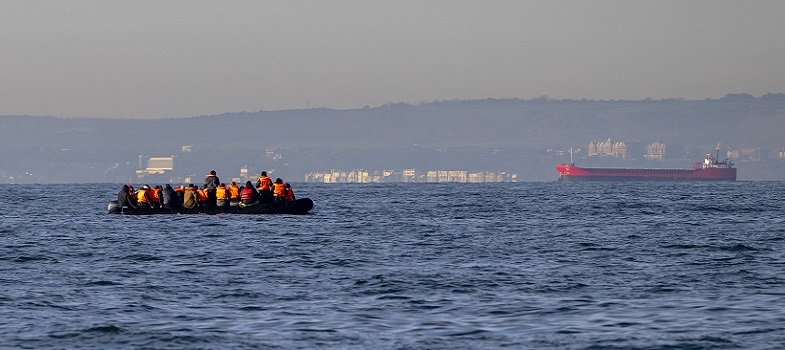4 Search and rescue at sea
Search and rescue at sea has always been carried out under customary international law.
Customary international law is distinct from the law that comes from conventions or treaties in international law. It is derived from established international practices (customs) that have developed over time.
A customary international law can be recognised by states believing they are complying with international law when acting in accordance with a custom, and consistently doing so on a widespread basis.
For centuries, ships in distress or in danger of distress have been assisted, their crew and passengers rescued, and their items salvaged where possible. The principle behind this was one of solidarity with other seafarers. In more modern times, customary international law on issues of SAR has been supplemented by international conventions and treaties.
The customary law relating to SAR was codified into Article 12 of the Geneva Convention on the High Seas 1958, which was then replicated in Article 98 of UNCLOS. This provides that ships – without seriously endangering themselves – should render assistance or seek to rescue persons at sea in danger of being lost or at distress. It also provides that states should provide for the establishment of a SAR service.
‘1. Every State shall require the master of a ship flying its flag, in so far as he can do so without serious danger to the ship, the crew or the passengers:
a. to render assistance to any person found at sea in danger of being lost;
b. to proceed with all possible speed to the rescue of persons in distress, if informed of their need of assistance, in so far as such action may reasonably be expected of him;
c. after a collision, to render assistance to the other ship, its crew and its passengers and, where possible, to inform the other ship of the name of his own ship, its port of registry and the nearest port at which it will call.
Every coastal State shall promote the establishment, operation and maintenance of an adequate and effective search-and-rescue service regarding safety on and over the sea and, where circumstances so require, by way of mutual regional arrangements cooperate with neighbouring States for this purpose.’
3.1 The right to leave a country, and the right to seek and enjoy asylum

